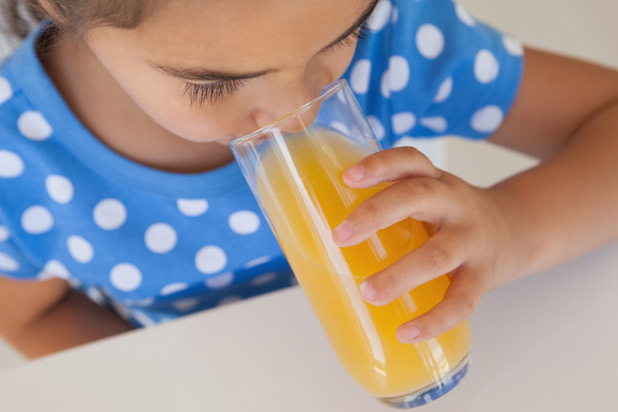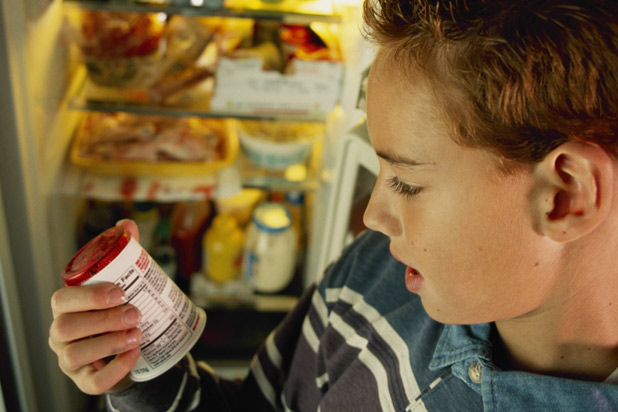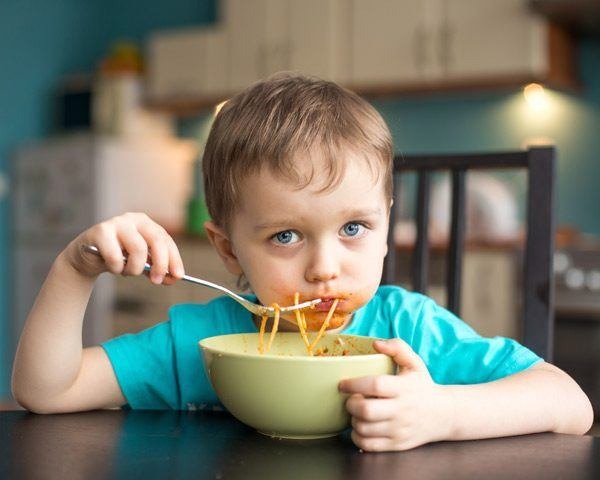12 Foods That Are Secretly Making Your Kids Gain Weight
Sure, every once in a while we allow our children to indulge in things that aren't so great for them, like that trip to the ice cream truck after the first day of school, or that birthday slumber party cheesy pizza and sugary soda. But those should be special occasions.
Click here for the 12 Foods That Are Secretly Making Your Kids Gain Weight (Slideshow)
It's common knowledge that fast food will quickly pack on the pounds and junk food can pose a health risk for your children. So you try to do right by your kids; you cook them healthy meals and you pack them healthy snacks so they can avoid all of those tempting and unhealthy foods. But some foods you might think are "healthier" could actually be making your kids gain weight. That peanut butter you smear on bread with a glob of jelly can be high in fat and calories if it's a frequent snack, and those fruit juices your child begs for after school can be laden with sugar and empty calories.
With rising concerns about childhood obesity becoming a national problem, it's increasingly important to moderate our children's eating habits. It is not only about what they eat; it's also about how much. According to Dr. Janesri De Silva — a board certified pediatrician, founder of Kids and Teens Medical Group, and Chair of the Department of Pediatrics at Northridge Hospital in California — portion control is a major factor in helping children to maintain a healthy weight. There are also other things to consider, like good and bad fats, salt levels, sugar content, and even artificial ingredients.
While some of these "sneaky" foods have some nutritional value, there are ingredients that could be secretly making your child gain weight, and Dr. De Silva helps us to undercover these covert culprits.
Juices

It can be difficult to get your little one to drink water, so juice has become a beverage of choice for parents. De Silva warns that "juice is a major contributor to the obesity epidemic and this is due to the hidden source of sugar and lack of fiber...Choose 100% juice and limit to six ounces per day," she tells parents. "The best recommendation is to water down juice to reduce calories and increase hydration. To reduce risk of obesity, heart disease and diabetes, limit juice altogether."
Kids' Yogurt

Yogurt sounds like a good idea: it's packed with protein, calcium, and other nutritional benefits that make it a perfect after-school snack for kids. But yogurt flavors marketed toward kids are another story. They usually contain color additives and a lot of sugar, and that's just in the yogurt, let alone the toppings or mix-ins companies add to make them more appealing to children.
